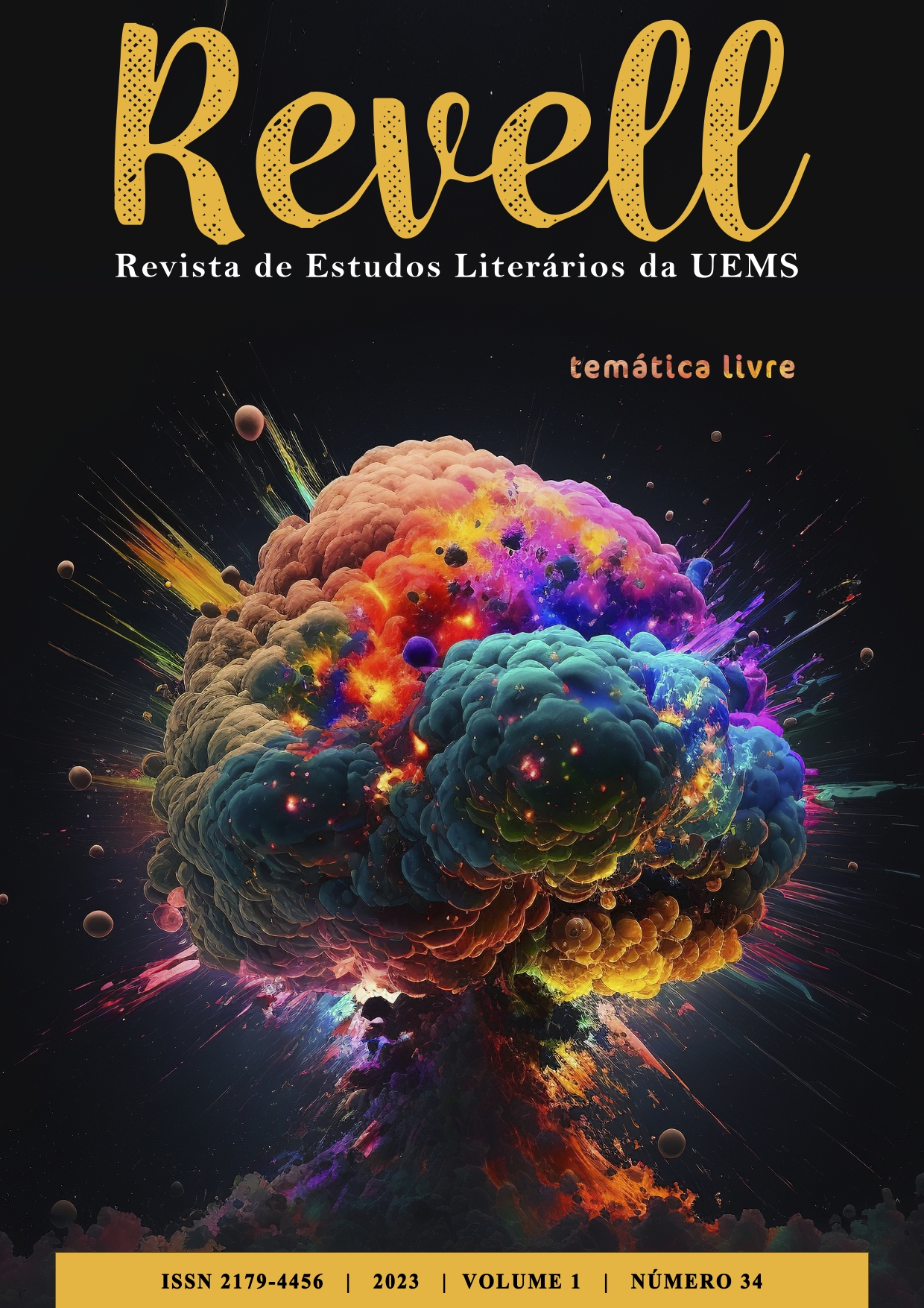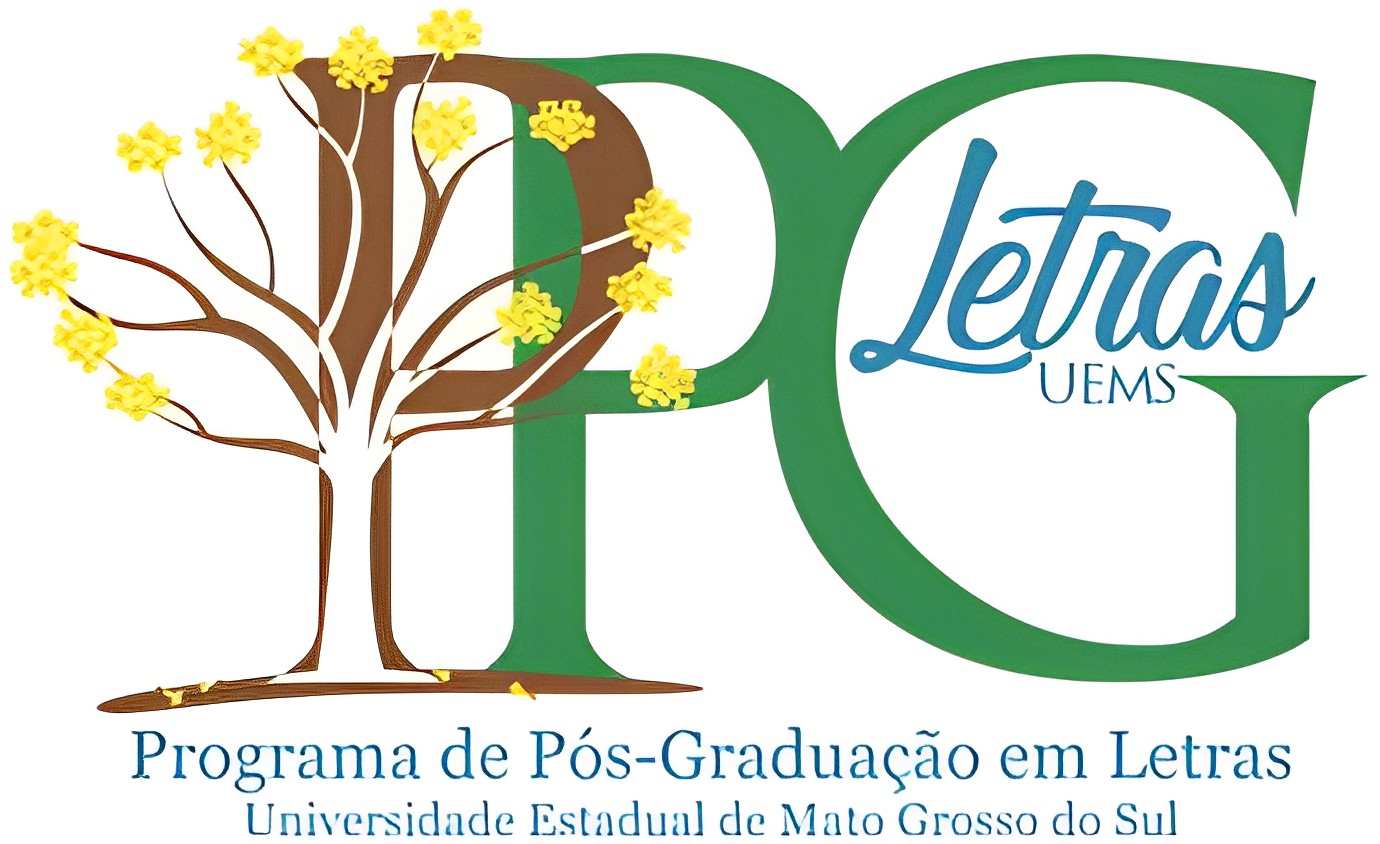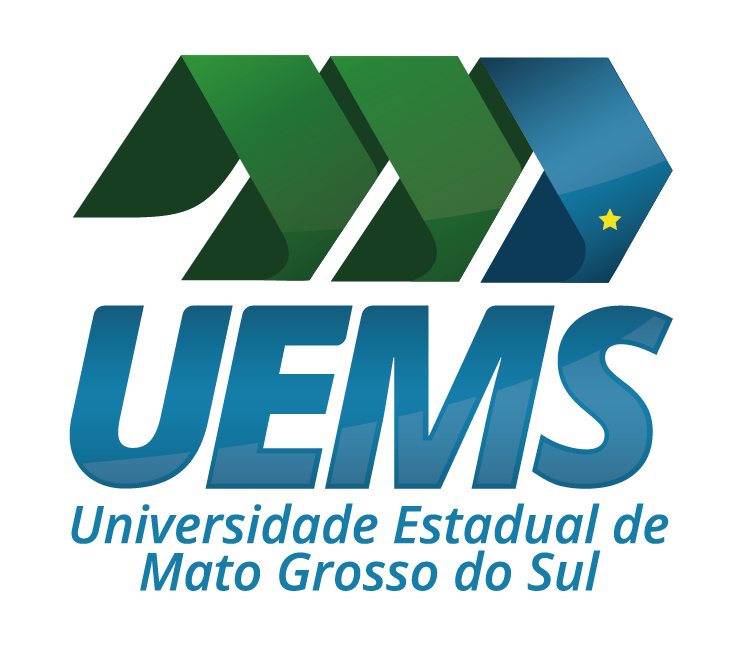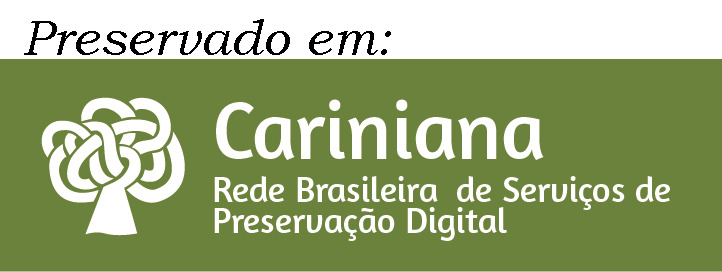Modernity and power in A hora dos ruminantes
DOI :
https://doi.org/10.61389/revell.v1i34.7241Mots-clés :
José J. Veiga, Modernity, Brazilian literatureRésumé
This essay aims to analyze the narrator in the novel A hora dos ruminantes (1966) by José J. Veiga, examining how the themes of modernization and progress are addressed. Despite the allegorical and metaphorical tone of Manarairema's description, the characters’ actions and the narrative voice approach the process of modernization, which took place in Brazil from the second half of the 20th century onwards. In this respect, the characters and the narrator intersect and separate in a kind of contrapuntal structure. On the one hand, the townspeople of Manarairema are represented by means of a traditional point of view. On the other hand, there is the presence of intruders, whose objective is to modernize the region. In addition, there is the narrator instance, whose point of view oscillates between one and another, composing a critique of the progress of modernization. Therefore, this article intends to map how the movements of distancing and nearness of the narrator, while functioning as a critique of the logic of modernization, are also an escape from the naturalist model that had been part of Brazilian literature since the 19th century.
Références
ADORNO, Theodor. Palavras e sinais. Petrópolis: Vozes, 1995.
AGAMBEM, Giorgio. Meios sem fim: notas sobre política. São Paulo: Autêntica, 2015.
BENJAMIN, Walter. ‘Crítica da violência. Crítica do Poder’ in Documentos de cultura, documentos de barbárie. São Paulo: EDUSP, 1986.
CARDOSO, Fernando Henrique. Autoritarismo e democratização. Rio de Janeiro: Paz e Terra, 1975.
FERNANDES, Florestan. A revolução burguesa no Brasil. Rio de Janeiro: Globo, 2010.
NASCIMENTO, Juliano Carrupt do. A hora dos ruminantes e o insólito como estrutura narrativa. in GARCÍA, Flavio (ed.). III painel reflexões sobre o insólito na narrativa ficcional: o insólito na literatura e no cinema - comunicações. Rio de Janeiro: Dialogarts, 2008.
NIETZSCHE, Friedrich. ‘O que significam ideais ascéticos’ in Genealogia da moral. São Paulo: Companhia de Bolso, 2015.
RÖHRIG, Adriana. ‘Os dilemas do homem moderno em A hora dos ruminantes de J. J. Veiga’in Literatura e autoritarismo. Santa Maria: UFSM, 2012. DOI: https://doi.org/10.5902/1679849X73751
SCHWARZ, Roberto. O pai de família e outros estudos. Rio de Janeiro: Paz e Terra, 1978.
SOUZA, Agostinho Potenciano de. Um olhar crítico sobre o nosso tempo: uma leitura da obra de José J. Veiga. Campinas: UNICAMP, 1987.
SUSSEKIND, Flora. Tal Brasil, qual romance? Rio de Janeiro: Achiamé, 1984.
VEIGA, José. J. A hora dos ruminantes. São Paulo: Companhia das Letras, 2015.
WEBER, Max. A ética protestante e o “espírito do capitalismo”. São Paulo: Companhia das Letras, 2015.
Téléchargements
Publiée
Comment citer
Numéro
Rubrique
Licence
© REVELL - REVISTA DE ESTUDOS LITERÁRIOS DA UEMS 2023

Ce travail est disponible sous la licence Creative Commons Attribution 4.0 International .
DECLARAÇÃO DE ORIGINALIDADE E EXCLUSIVIDADE E CESSÃO DE DIREITOS AUTORAIS
Declaro que o presente artigo é original e não foi submetido à publicação em qualquer outro periódico nacional ou internacional, quer seja em parte ou na íntegra. Declaro, ainda, que após publicado pela REVELL, ele jamais será submetido a outro periódico. Também tenho ciência que a submissão dos originais à REVELL - Revista de Estudos Literários da UEMS implica transferência dos direitos autorais da publicação digital. A não observância desse compromisso submeterá o infrator a sanções e penas previstas na Lei de Proteção de Direitos Autorais (nº 9610, de 19/02/98).




















